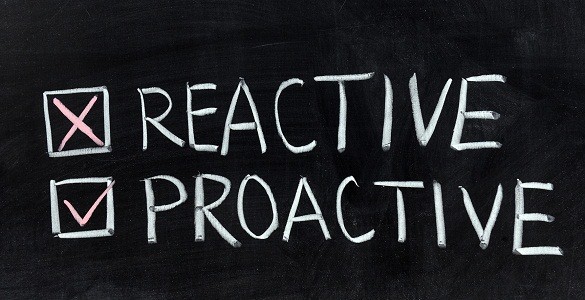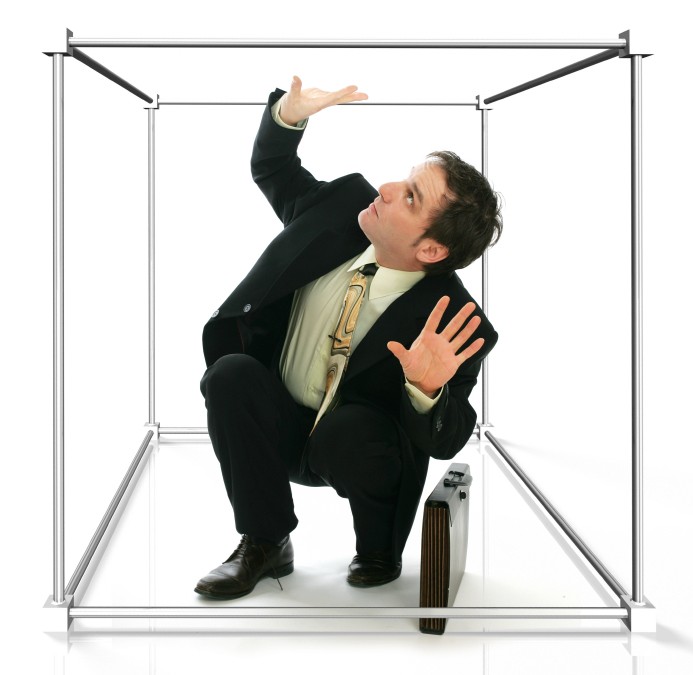
by Maureen Steele | May 25, 2020 | Mastering Workplace Challenges, Personal Mastery, Responding To Change and Transition
Those of us who are used to working from home or in a home office may well have spent the last few months wondering what all of the fuss was about. How difficult can it be to carve out the space you need to work productively and efficiently? Where exactly does the...

by Maureen Steele | Apr 16, 2016 | Responding To Change and Transition
The Transition Model was created by change consultant, William Bridges, and was published in his 1991 book “Managing Transitions”. The main strength of the model is that it focuses on transition, not change. The difference between these is subtle but...

by Maureen Steele | Apr 16, 2016 | Mastering Workplace Challenges, Responding To Change and Transition
Reactive organizations – and the people who work in them – are driven by circumstances and their environment. They are acted upon, rather than taking control and being in control. In a reactive organization, it should come as no surprise to find that...

by Maureen Steele | Apr 16, 2016 | Personal Mastery, Responding To Change and Transition
People who deal naturally well with change tend to have some important common skills and abilities. What can you learn form them when it comes to your own change challenge? 1. Those who naturally deal well with change tend to have a high ambiguity threshold Our Tip:...

by Maureen Steele | Jul 13, 2015 | Personal Mastery, Responding To Change and Transition
How compelling are your goals for yourself? Are they attractive enough to encourage you to step outside of your comfort zone? If you always focus on what could go wrong, you will find it difficult to motivate yourself sufficiently to find positive solutions. Think...

by Maureen Steele | Jul 13, 2015 | Personal Mastery, Responding To Change and Transition
A belief is something we hold to be true about ourselves and the world – it is not necessarily true. Many beliefs come from our childhood, often heavily influenced by significant figures in our lives – our parents, family members, perhaps our teachers at...







